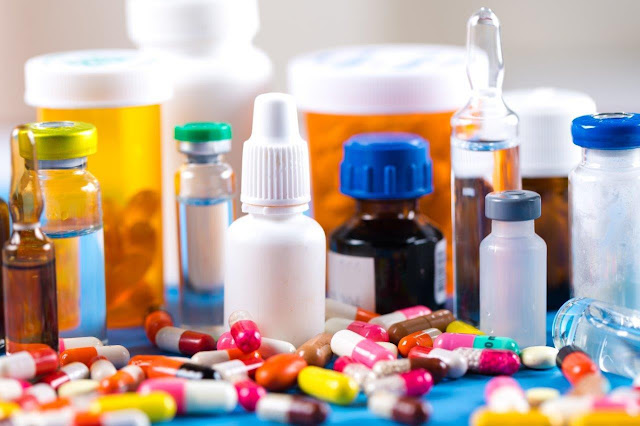Introduction:
The field of oncology has been revolutionized by the emergence of biosimilars, opening up new horizons in cancer treatment. Biosimilars are biologic drugs that are highly similar to already approved reference biologic drugs. They offer a promising opportunity to increase patient access to life-saving treatments while reducing healthcare costs. However, with their growth comes a host of challenges and opportunities that both stakeholders and patients must navigate to ensure optimal outcomes in the oncology drug market.
Challenges:
Regulatory Hurdles: One of the major challenges in the rise of biosimilars in oncology lies in navigating complex regulatory pathways. To gain approval, biosimilar developers must demonstrate similarity to the reference biologic, often through extensive clinical trials. Rigorous regulatory scrutiny is essential to ensure patient safety, but it can be a time-consuming and costly process for manufacturers.
Physician and Patient Acceptance: Physicians and patients may have reservations about switching to biosimilars due to concerns about efficacy and safety. Lack of awareness and education about biosimilars can lead to reluctance to adopt these treatments, despite their proven efficacy in treating cancer.
Market Competition: The influx of biosimilars in the oncology drug market has the potential to create competitive pricing pressure on reference biologics. While this can drive down costs and improve accessibility, it may also affect the profitability of manufacturers and impact investment in research and development of new treatments.
Global Oncology Drugs Market size was valued at US$ 119.0 Billion in 2022 and is expected to witness a CAGR of 12.3% over the forecast period (2022 – 2030). The global Oncology Drugs Market continues to witness robust growth, fueled by rising incidences of cancer and advancements in therapeutic research and development.
Intellectual Property and Legal Issues: The biopharmaceutical industry relies heavily on intellectual property rights. The development and commercialization of biosimilars may raise legal challenges related to patent infringement and exclusivity rights, leading to disputes that can further delay patient access to these cost-effective treatments.
Opportunities:
Increased Access to Treatment: Biosimilars present a unique opportunity to enhance patient access to high-quality cancer therapies. By offering more affordable alternatives to reference biologics, biosimilars can reduce the financial burden on patients and healthcare systems, making essential treatments accessible to a broader population.
Cost Savings: The high cost of oncology drugs has been a significant concern for patients and healthcare providers. The introduction of biosimilars offers the potential for significant cost savings without compromising treatment effectiveness. These savings can be redirected to fund other healthcare initiatives or improve patient care.
Accelerated Research and Development: The rise of biosimilars may drive increased investment in research and development, promoting innovation in the field of oncology. Manufacturers may focus on developing more efficient manufacturing processes, exploring novel therapeutic targets, and improving treatment outcomes.
Market Competition and Innovation: The presence of biosimilars in the oncology drug market fosters healthy competition among manufacturers. This competitive landscape can drive innovation and lead to the development of improved treatment options and therapeutic advancements.
The rise of biosimilars in the Oncology Drug Market brings both challenges and opportunities. While navigating regulatory complexities and addressing physician and patient concerns remain significant hurdles, the benefits of increased treatment access and cost savings are undeniable. As stakeholders collaborate to overcome challenges, the oncology community can leverage the opportunities presented by biosimilars to enhance patient outcomes, promote innovation, and create a more sustainable healthcare landscape for all. Education, awareness, and continuous research will play pivotal roles in ensuring the successful integration of biosimilars in the oncology drug market.

Comments
Post a Comment